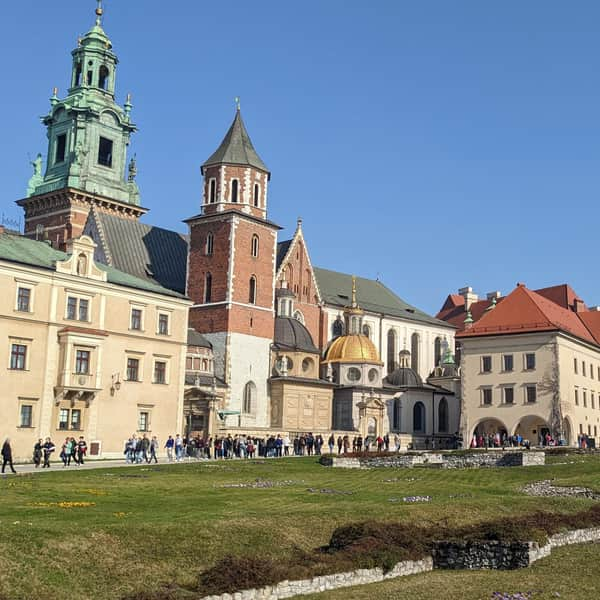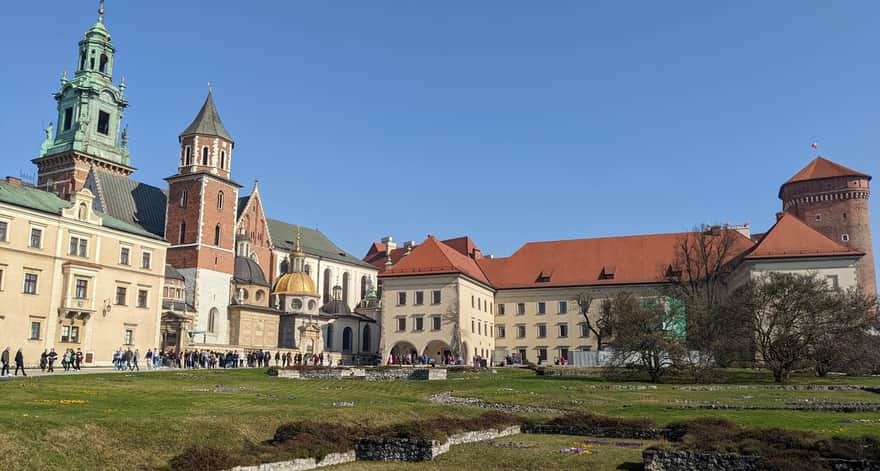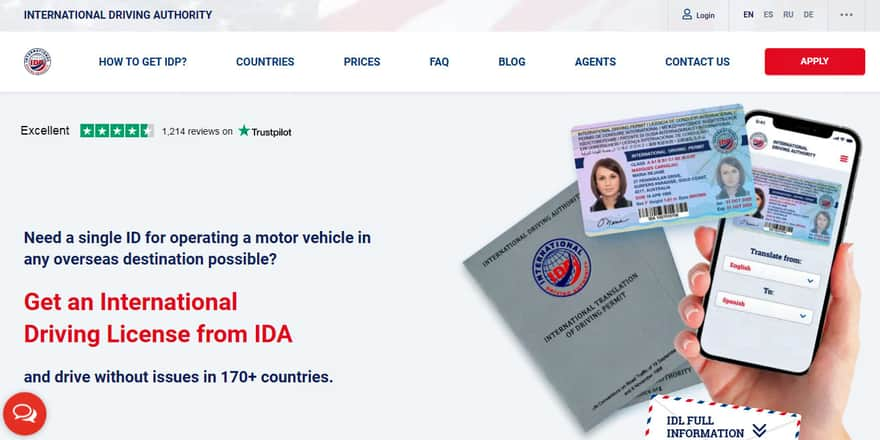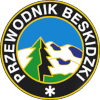A Practical Guide to Poland for Visitors and Expats from the Americas

Poland, a land of rich history, stunning landscapes, and vibrant cities, has become an increasingly popular destination for travelers, students, and professionals from South, Central, and North America. Whether you're here to explore its medieval towns, pursue higher education, or establish a new life, Poland offers plenty of opportunities and experiences. This guide will provide essential information to help you navigate Poland.

Getting Acquainted with Poland
Cities to Explore and Live In
Poland's cities blend modernity with tradition, making them attractive to both travelers and expats.
- Warsaw: The capital city is a hub for business, education, and culture. Its rebuilt Old Town and vibrant modern skyline symbolize Poland's resilience and progress. Warsaw offers excellent job opportunities and a diverse culinary scene.
- Kraków: Known for its well-preserved medieval architecture and artistic vibe, Kraków is home to landmarks like Wawel Castle and the historic Old Town. Its university culture attracts many international students.
- Gdańsk: Situated on the Baltic coast, Gdańsk is famous for its maritime heritage and stunning Hanseatic architecture. It’s a great choice for those seeking a laid-back lifestyle by the sea.
- Wrocław: With its picturesque bridges and colorful Market Square, Wrocław offers a charming atmosphere. It’s an emerging center for tech and innovation, making it popular with professionals.
- Poznań: Known for its economic dynamism, Poznań combines a rich history with a strong business environment. It’s a top choice for those looking for work in commerce and industry.
Places to Visit
- Tatra Mountains: Ideal for hiking and skiing, these mountains on the Slovak border are a nature lover’s paradise.
- Masurian Lakes: A picturesque region perfect for boating and relaxation.
- Auschwitz-Birkenau Memorial and Museum: A sobering but important historical site.
- Wieliczka Salt Mine: A fascinating underground world showcasing Poland’s mining heritage.
- Białowieża Forest: One of Europe’s last primeval forests, home to the iconic European bison.
2. Learning Polish
Polish is a challenging language, but learning the basics can greatly enhance your experience in Poland. For international students, most universities offer Polish language courses. Apps like Duolingo and in-person classes at language schools can also help you get started. Knowing some essential phrases, like greetings and how to order food, will be appreciated by locals.
3. Education in Poland
Poland is an increasingly popular destination for international students, thanks to its high-quality education system and affordable tuition fees. Programs like Erasmus+ make studying in Poland accessible to European students, while many universities also offer courses in English for non-EU students.
Top Universities of Poland
- Jagiellonian University (Kraków): Known for its programs in humanities, medicine, and law.
- University of Warsaw: A leader in social sciences and international relations.
- Warsaw University of Technology: Ideal for engineering and technology students.
4. Driving in Poland
Do You Need an International Driving Permit (IDP)?
- Citizens from the United States, Canada, Argentina, Colombia, Paraguay, Venezuela, Costa Rica, and other countries not part of the Vienna Convention on Road Traffic will need an IDP to drive legally in Poland. The IDP must be accompanied by your original driver’s license.
- Citizens of countries in the Vienna Convention, like Chile, Brazil, Ecuador, Guyana, Uruguay, Peru can use their domestic licenses without an IDP for up to six months.
If you are unlucky enough to need one, it is recommended that you find out in advance how to get an International Driving Permit in your country (usually issued by one or two organizations).
Exchanging Your Driver’s License
If you plan to stay in Poland long-term, you may need to exchange your foreign driver’s license for a Polish one. This process typically requires:
- Proof of residency.
- A valid driver’s license and its translation (Tłumaczenie poświadczone przez notariusza).
- Passing a driving theory test, depending on your country of origin.
If you have already replaced your license with a Polish one and now you need an IDP in another country, in Poland IDPs are obtained from the PZM organization.

Polish Roads and Driving Culture
Poland’s roads have improved significantly in recent years, but rural areas may still have uneven surfaces. Highways and expressways are modern and well-maintained. Drivers should be aware of:
- Strict drink-driving laws (0.02% BAC limit).
- The requirement to use headlights at all times.
- Toll roads, which require payment at booths or via electronic toll systems.
5. Settling in Poland
Legalization in Poland is a separate article, but nevertheless here are some simple options that may be suitable for you.
Residency and Legalization
For non-EU citizens, staying in Poland for work or study typically requires a visa or residency permit (pobyt). Common options include:
- Work Visa: Requires a job offer from a Polish employer. Opens up the possibility of obtaining a temporary work residence permit.
- Student Visa: For those enrolled in a Polish university. Opens the possibility of obtaining a temporary residence permit for studies.
- Family Reunion. For those whose spouse has a residence permit or is a citizen.
Pathways to Permanent Residency
After legal residence in Poland for several years (typically 5 years on a temporary permit), you may be eligible to apply for permanent residency. Proficiency in Polish and a stable income are often required.
If you are persecuted in your country of origin, you can ask for protection in Poland. Your case will be examined for 6 months and during this time you will not be allowed to work or leave Poland.
Poland also provides an excellent repatriation program if your ancestors were Polish. You can either start legalization by obtaining a Polish Card or come on any visa and apply for permanent residence (Pobyt stały).
Why after discovering Poland you will want to stay?
After experiencing Poland, many visitors feel a natural pull to stay. The country offers a balance of rich history and modern life that is hard to resist. Cities like Warsaw and Kraków combine vibrant culture with growing job opportunities, while Poland’s beautiful landscapes provide a peaceful escape. The cost of living is relatively affordable compared to other European countries, and the local people are welcoming, making it easier to settle in. Whether for work, study, or simply enjoying a slower pace of life, Poland offers a chance to experience both urban excitement and natural beauty, making it a place where many feel at home.
Data dodania:



